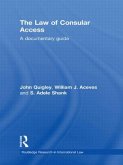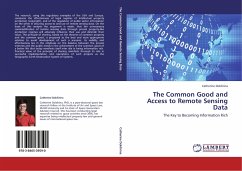The purpose of this work is to analyze access to the Internet as a potential fundamental right (human right) in statu nascendi, following opinions and debates in the international community and the law in some of its member States. This text deals with Public International Law and is based on different doctrinal, constitutional, legal and judicial positions on the subject, in order to study whether Internet access is considered a protected interest of positive law in an inter-State context. The comparative method is used to differentiate between the coverage of this issue and the internal legal sources of different countries. During the development of the text, it can be seen that some States have legal systems that recognize access to the Internet as a prerogative and at the same time, there have been debates in the United Nations about the importance of this tool as a means of exercising other rights recognized to the human being.
Hinweis: Dieser Artikel kann nur an eine deutsche Lieferadresse ausgeliefert werden.
Hinweis: Dieser Artikel kann nur an eine deutsche Lieferadresse ausgeliefert werden.








